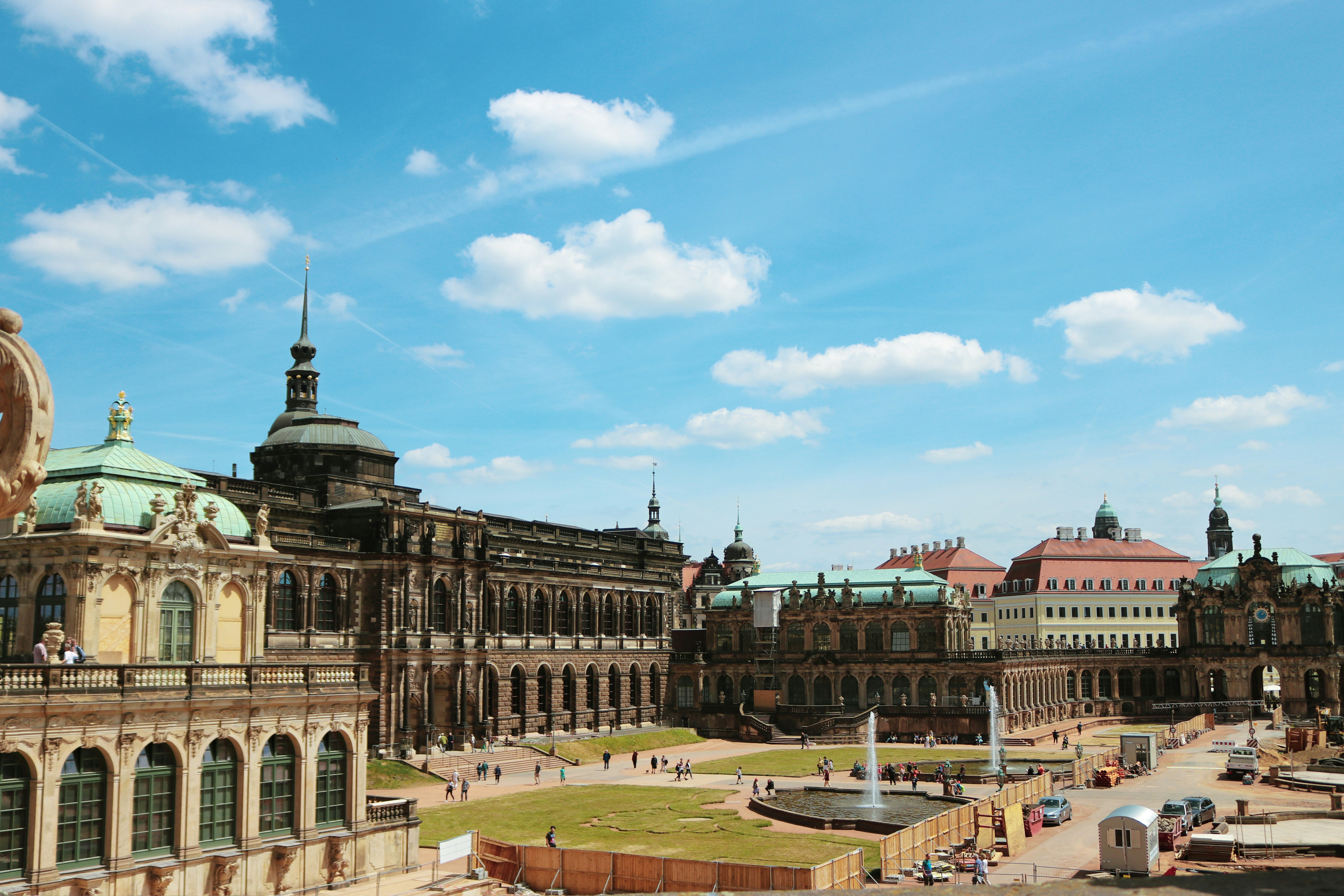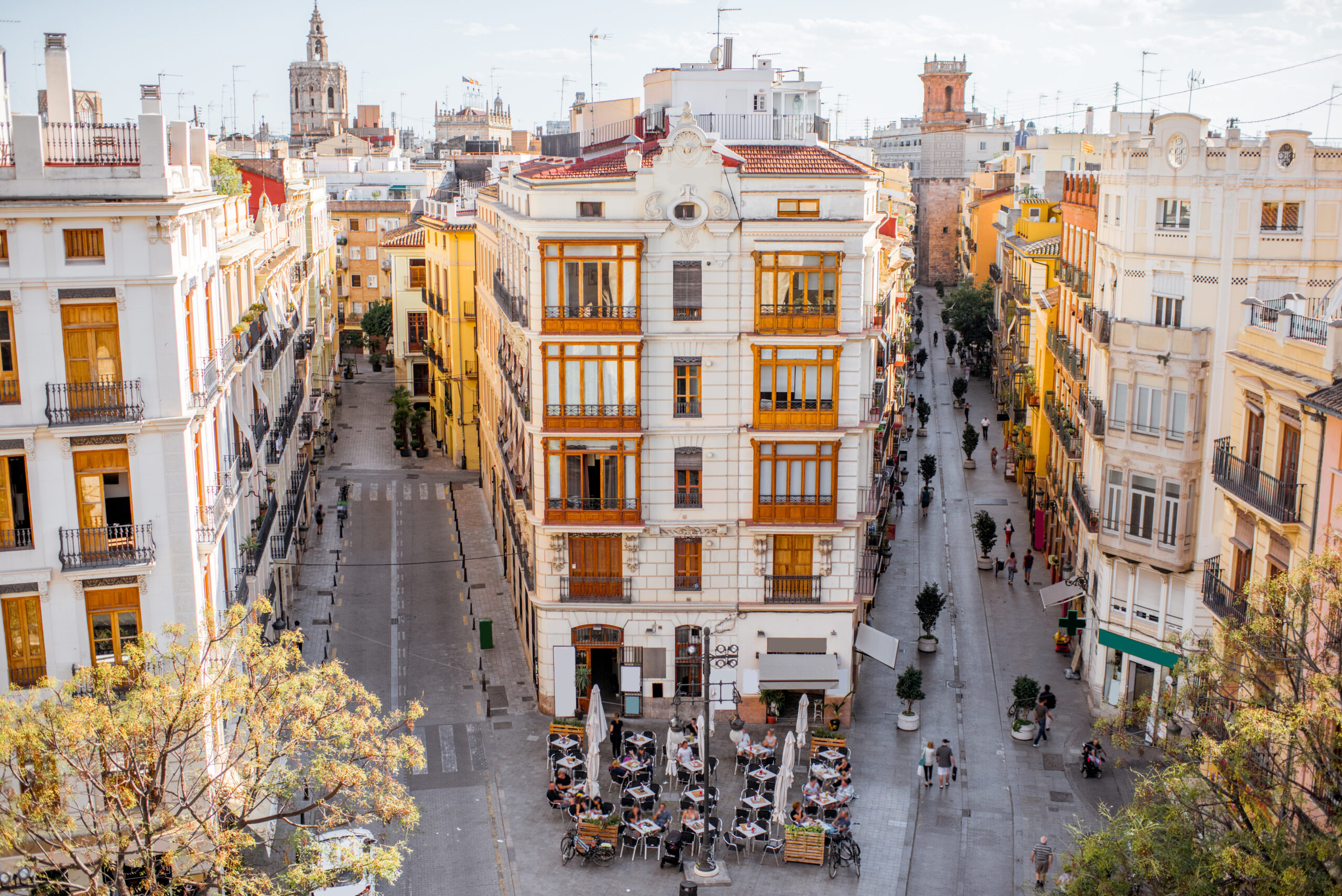Heat resilience in healthcare: a peer-learning exchange with Dresden, Grenoble and Barcelona

This event is part of a series of four online peer-learning sessions that will be held until April 2025 and will involve the pilots of the Adaptation AGORA project, addressing key issues related to climate adaptation and public participation. This series of events aims to foster the exchange of knowledge, resources and methodologies that can facilitate public participation in Climate Adaptation Plans in different European cities, regions and communities. Sign up to the AGORA Community Hub to get access to all the material. You can subscribe to the Heat Resilience and Health theme by clicking “Join Theme” and receive regular updates.
Date and Time
September 22nd, 2025 | 11:30-13:00 CET
Summary
Rising temperatures and extreme heat are increasing pressure on healthcare systems and endangering frontline workers. How can municipalities and healthcare facilities collaborate to improve the resilience of the healthcare system?
Following the first three events of the series, where we explored participatory experiences in Italy ( with Rome and Friuli Venezia Giulia), the heatwave preparedness in Malmö and Valencia, and measures to address energy poverty in the Iberian Peninsula (with Zaragoza, Valencia, Barcelona and Almada), the fourth Adaptation AGORA peer-to-peer learning session took place online.
With the help of city officials and health workers from the Dresden Pilot, including representatives from the HealthforFuture network in Dresden, and from the cities of Grenoble and Barcelona, we explored challenges and strategies to adapt healthcare services to rising temperatures, and discussed how solutions can be co-designed by municipalities and key stakeholders.
Speakers
Representatives from each city shared their insights:
- Dresden:
- Marit Gronwald – Health and Climate Officer, Department of Public Health of the City of Dresden
- Maria Binder – Climate Protection Manager, Dresden Hospital
- Sina Lehmann – Specialist for Gynaecology, Health for Future Dresden
- Grenoble:
- Emmeline Lagrange – Neurologist at University Hospital of Grenoble
- Barcelona:
- Anna Riu Llena – Nurse at Raval Nord Primary Health Center, Barcelona
The webinar was held in English, and the recording can be found below.
Key Messages:
The exchange highlighted some of the key challenges and needed factors to increase heat adaptation in healthcare:
- Not only a technical challenge, but also a governance and participation challenge. Successful cases like Dresden demonstrate the power of involving frontline staff, embedding adaptation into routine operations, and fostering ownership of solutions.
- It’s key to build partnerships across levels—municipal, institutional, and civil society—. Multi-level collaboration strengthens capacity, aligns strategies, and ensures that vulnerable populations are not overlooked.
- Governance coherence matters. Barcelona’s efforts to define roles and responsibilities across different authorities exemplify how a structured approach can prevent gaps in communication and service provision.
- Scientific expertise must be actively embedded into decision-making, not just consulted occasionally. Translating knowledge into actionable, institution-specific measures requires both organizational structures and dedicated resources.
- The framing is important: positioning climate adaptation not merely as an environmental or infrastructural issue, but as a matter of occupational safety, workforce resilience, and health system integrity. This framing helps secure buy-in from health professionals and administrators, who must balance climate concerns with immediate clinical priorities.
Overall, the exchange showed that while heat adaptation in healthcare remains a work in progress, meaningful advances are possible through participatory processes, evidence-based planning, and multi-actor collaboration. The experiences of Dresden, Grenoble, and Barcelona offer input for other cities: combine local engagement, science-driven policymaking, and institutional commitment to create health systems capable of adapting to heatwaves and the rising temperatures of the future.
To learn more about the event and the discussion, please check out the article on the Adaptation AGORA website.
Useful Resources
- Barcelona’s “Strategy to Combat the Heat : Heat Plan 2025-2035”
- Operational plan to prevent heat effects on health (POCS, Summer 2025 – Only in Catalan)
- Spain’s Old Ways May Show How to Keep Cool – New York Times article
- Barcelona Climate Shelters Network
- KLUG Network (German Alliance Climate Change and Health)
- Health for Future Dresden
- Heat Portal of the City of Dresden
- Factsheet “Heat and Health” of the city of Dresden (August 2025)
- TRIGGER Project, focusing on extreme heat and health. One tasks focuses on stakeholder engagement activities between local authorities and ‘vulnerable’ citizens, including hospital staff.
- Brain Health Mission (European Academy of Neurology)
- Grenoble Plan “Heat waves and high temperatures: protect today, prepare for tomorrow” (only in French, July 2025)




Comments
There is no content